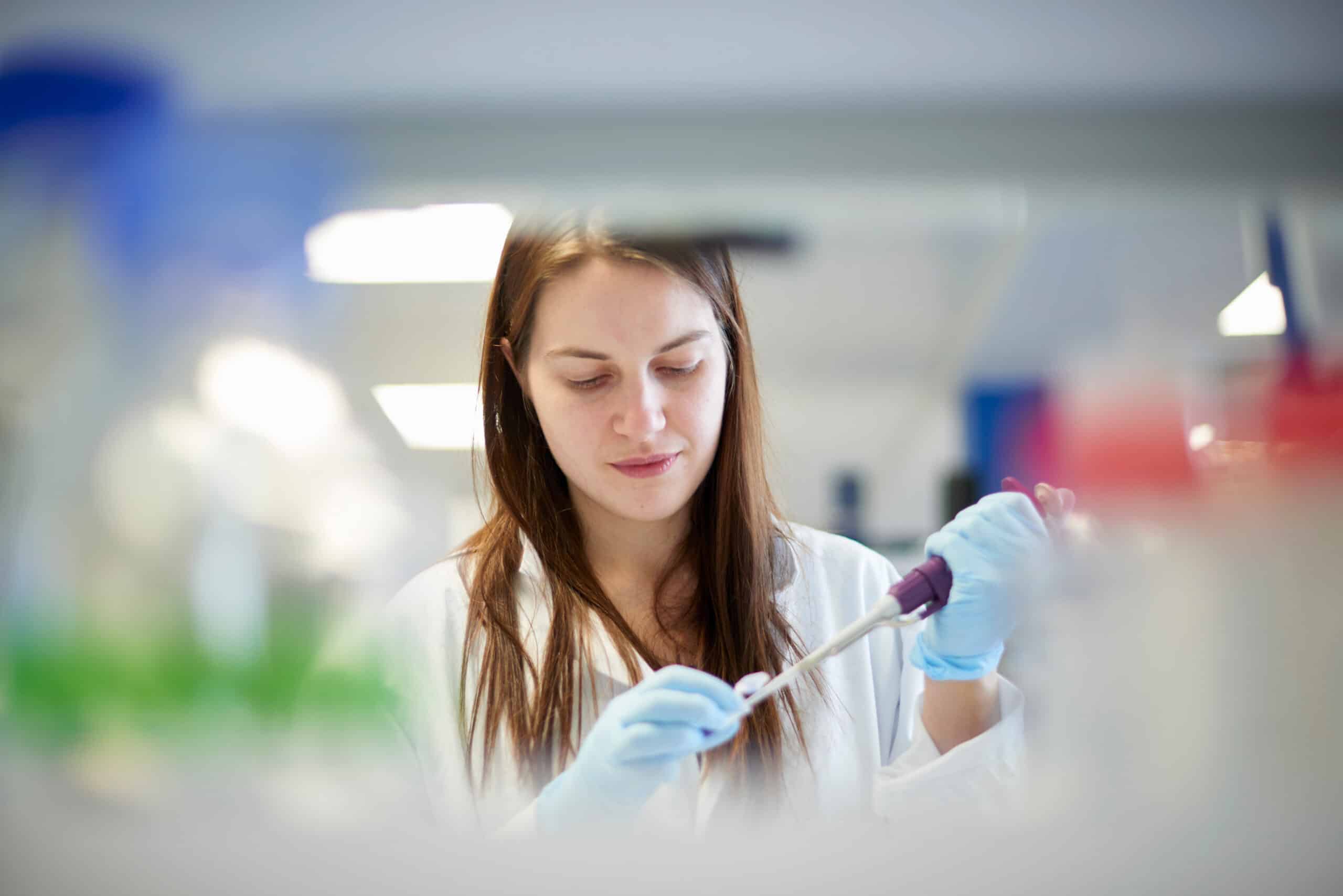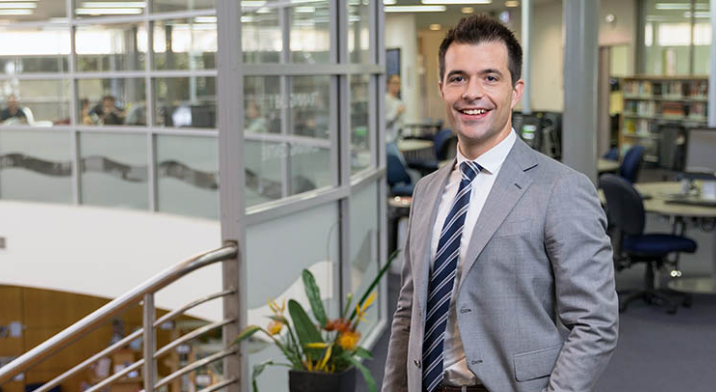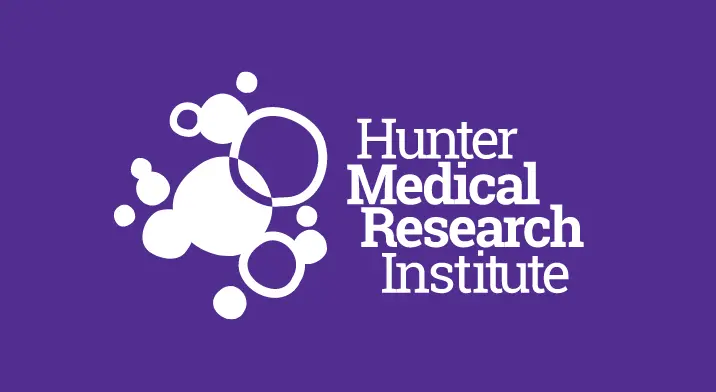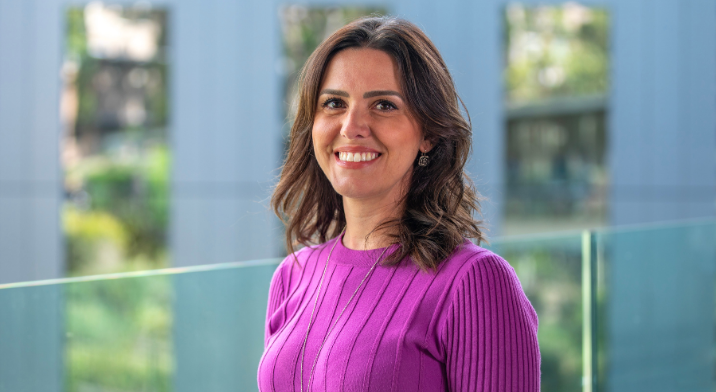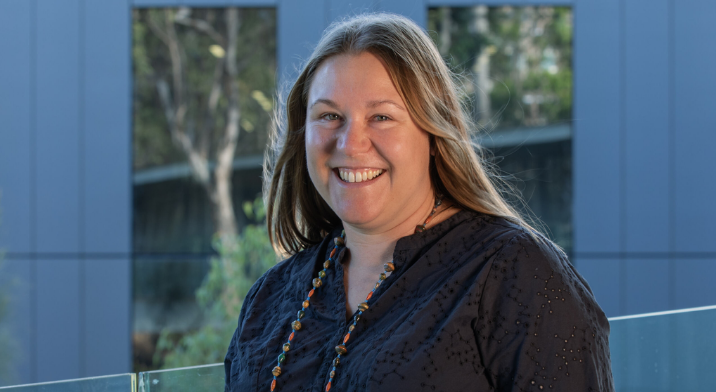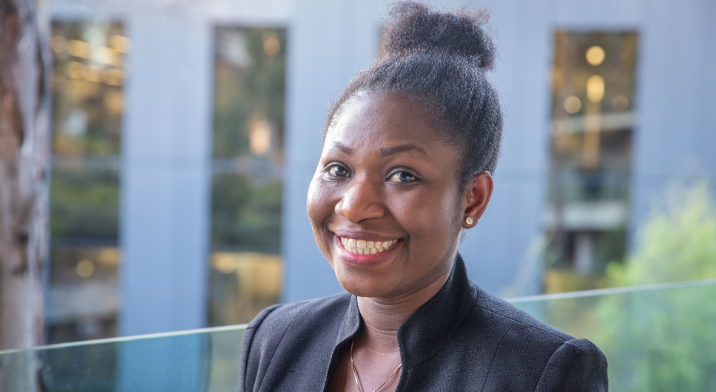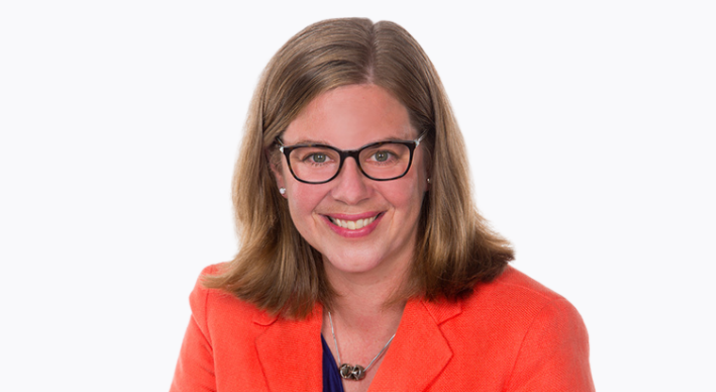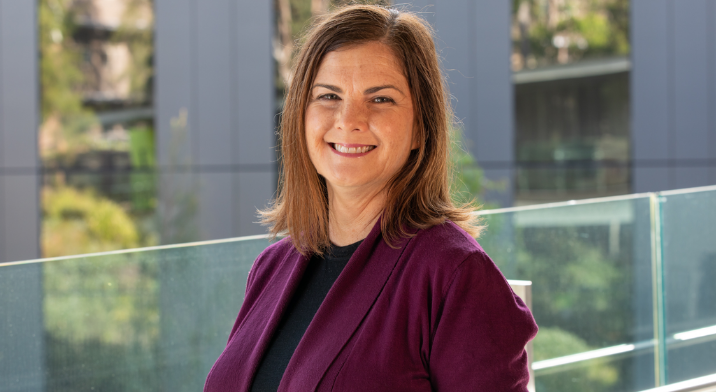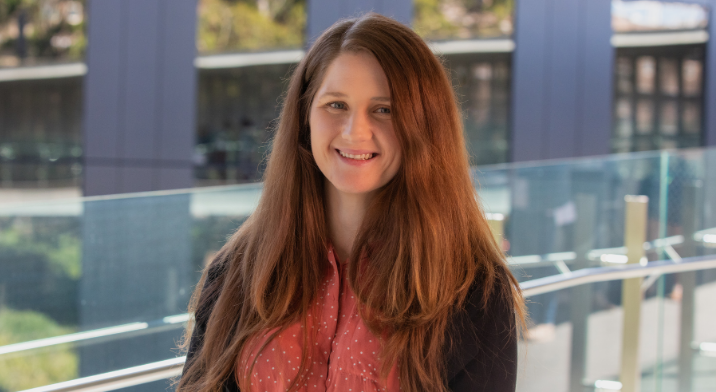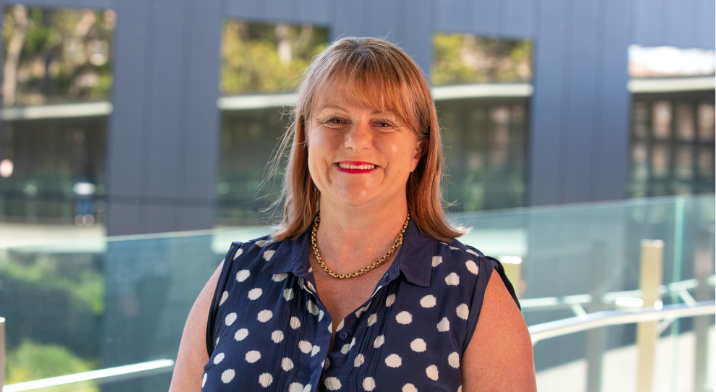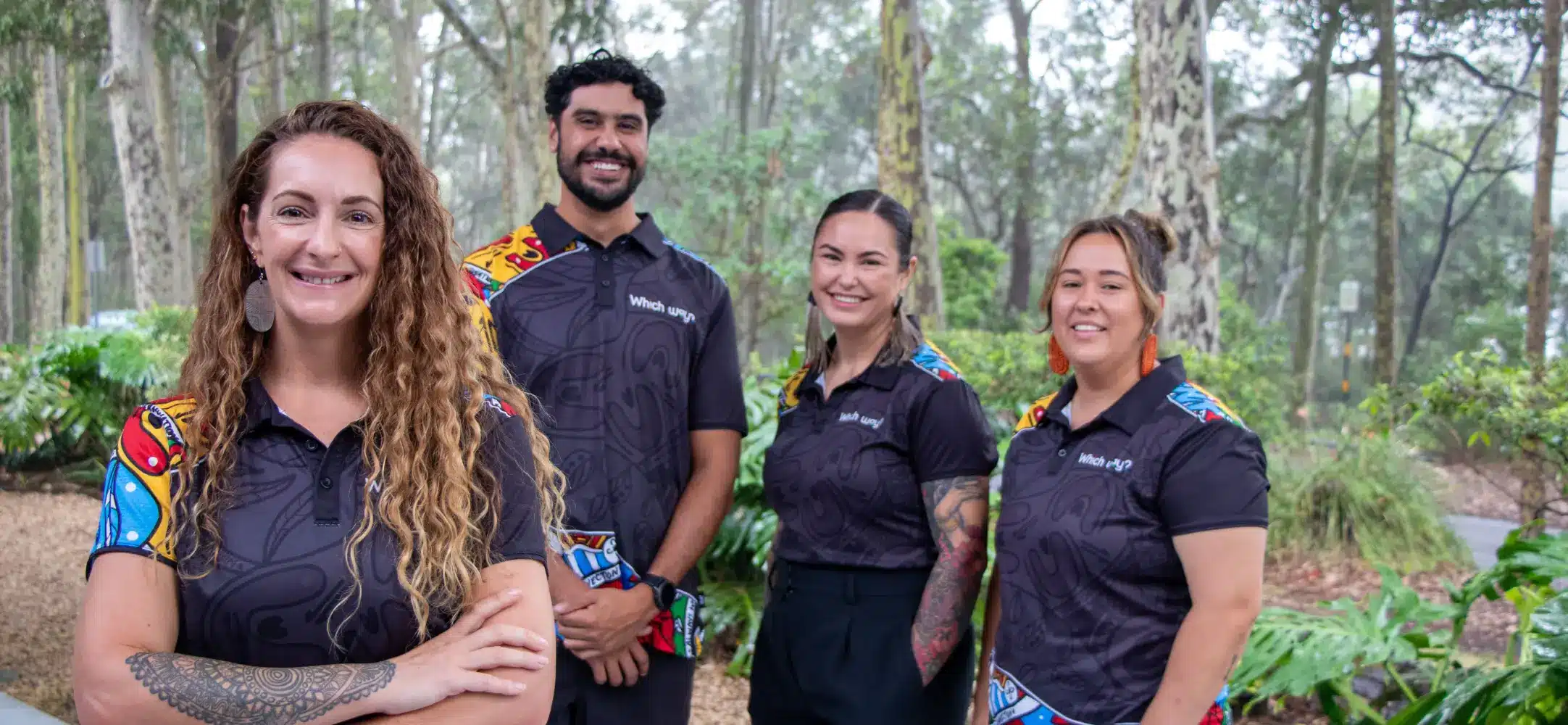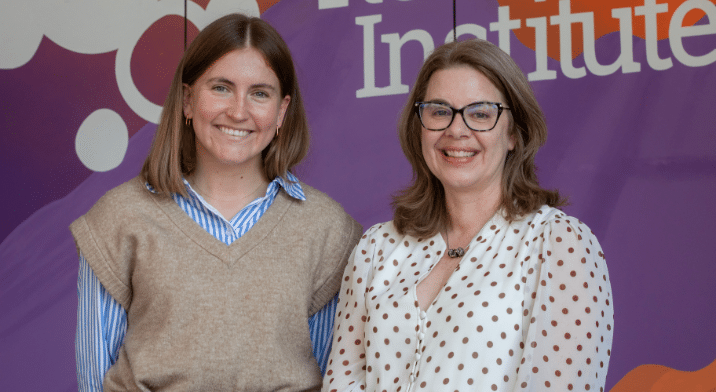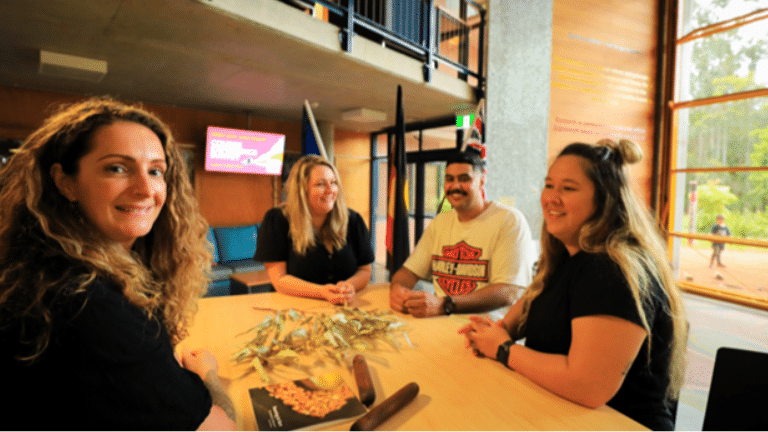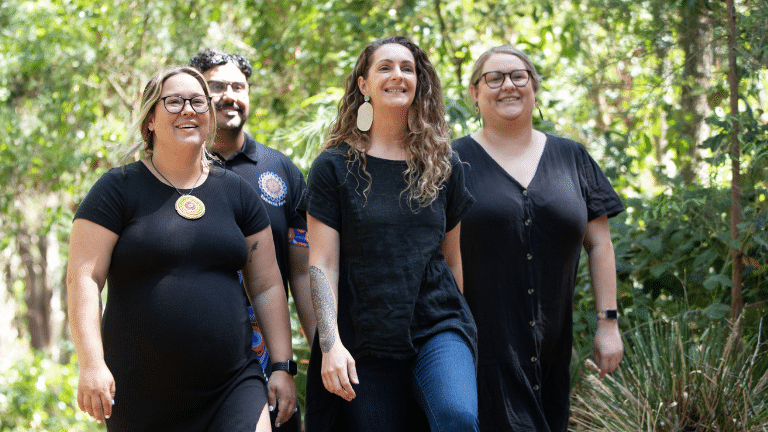Our Equity in Health and Wellbeing Research Program aims to bridge health disparities and promote positive health and wellbeing across disproportionately affected populations.
Health inequities are a significant issue in Australia with certain populations experiencing disproportionately poorer health outcomes. Hunter Medical Research Institute (HMRI) conducts research supporting many of these population groups in the Hunter New England region.
Population groups including Aboriginal and Torres Strait Islander peoples, people with a lower socio-economic status, LGBTQIA+ or older Australians often face barriers to accessing quality healthcare. This can lead to higher incidences of chronic diseases, mental health issues and a reduced life expectancy.
In rural and remote areas, these challenges are amplified due to significantly limited access to healthcare services. This can add to existing health issues, resulting in delayed diagnoses and access to treatments.
7 MILLION
AUSTRALIANS LIVE IN RURAL OR REMOTE AREAS
1 IN 6
AUSTRALIANS ARE AGED OVER 65. OUR AGEING POPULATION CONTINUES TO GROW
ALMOST HALF
OF AUSTRALIANS LIVE WITH A CHRONIC DISEASE
Source: Australian Institute of Health and Welfare
It is critical that we develop a better understanding of the factors that influence health and work towards equity in health and wellbeing outcomes.
Our researchers are tackling health inequalities with innovative, community-centric approaches.
Our program covers a range of health areas including preventive healthcare, chronic disease, cancer, end-of-life care, dementia, substance abuse, and mental health.
What unites our Equity in Health and Wellbeing researchers is a passion for improving health outcomes for disadvantaged population groups.
Our research is driven by the needs of the following population groups. These populations face unique and complex health challenges. We hope to develop programs, discoveries and platforms to champion health for all.
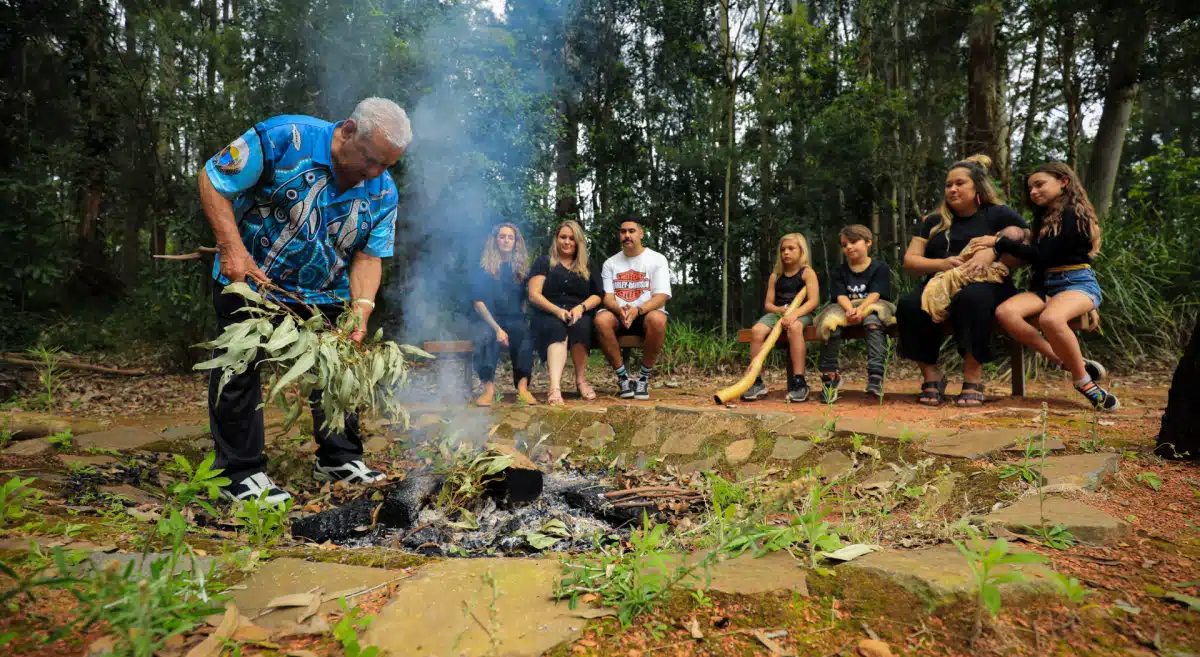
Aboriginal and Torres Strait Islander peoples
Our Hunter New England region is home to over 50,000 Aboriginal and Torres Strait Islander peoples, many who are disproportionately affected by health challenges.
Our research addresses this health gap and is driven by issues, topics and concepts that are guided by, and responsive to, Aboriginal and Torres Strait Islander communities.
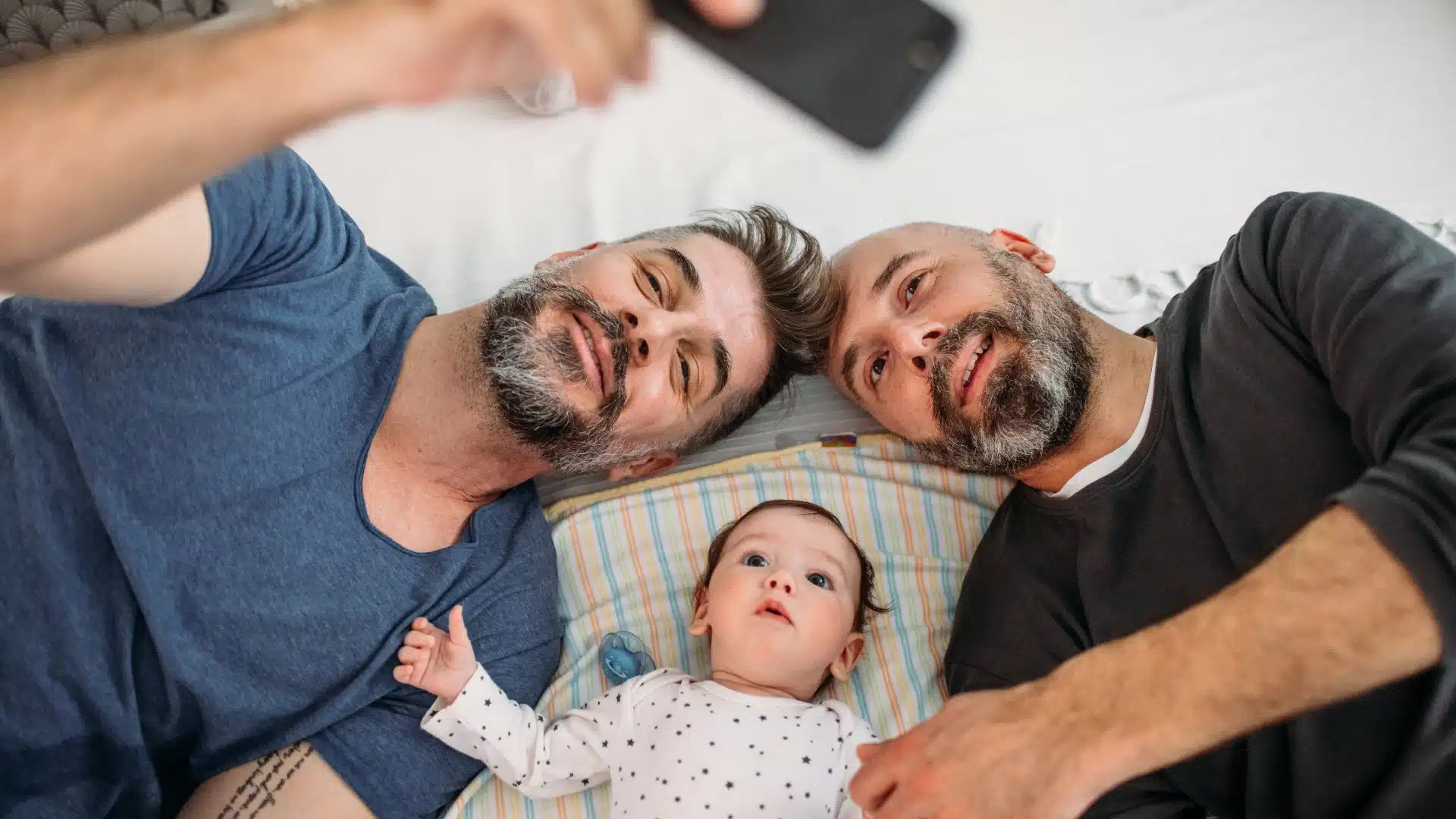
LGBTQIA+
People who are LGBTIQ+ experience unique health barriers and challenges, including accessing both routine healthcare and essential gender-affirming care.
Our researchers collaborate with LGBTIQ+ community members and Maple Leaf House (part of Hunter New England Local Health District) to improve healthcare experiences and outcomes for LGBTQIA+ people in our communities, and beyond.
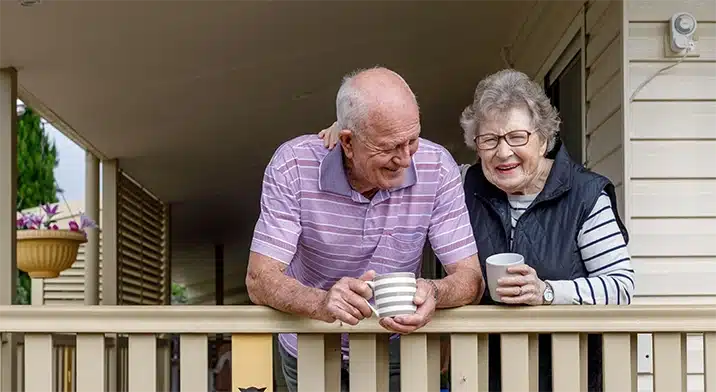
Older Australians
Age is an important determinant of health. Approximately 1 in 6 Australians are aged over 65, and this is expected to increase significantly over the coming years.
Our researchers are committed to supporting older Australians to age healthily by creating evidence-based programs and interventions that help improve health and wellbeing outcomes in older Australians.
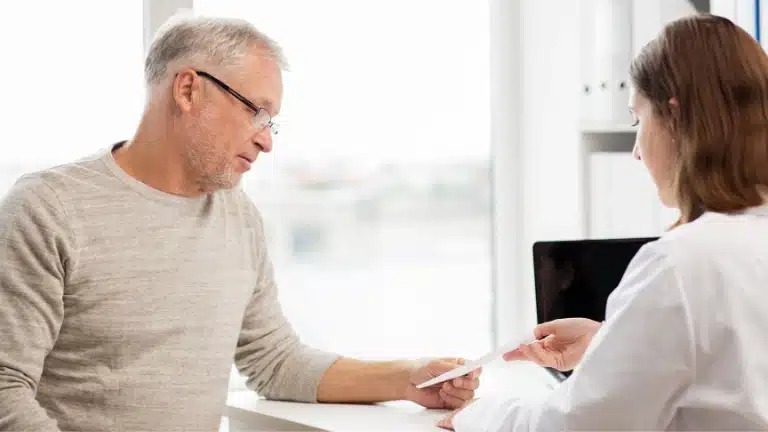
People with chronic disease or complex health conditions
Half of Australians are living with a chronic disease. Chronic diseases such as heart disease, cancer, and diabetes are the leading causes of death and disability in Australia.
Our program is conducting research to support community members and the health system with the prevention and treatment of the conditions.
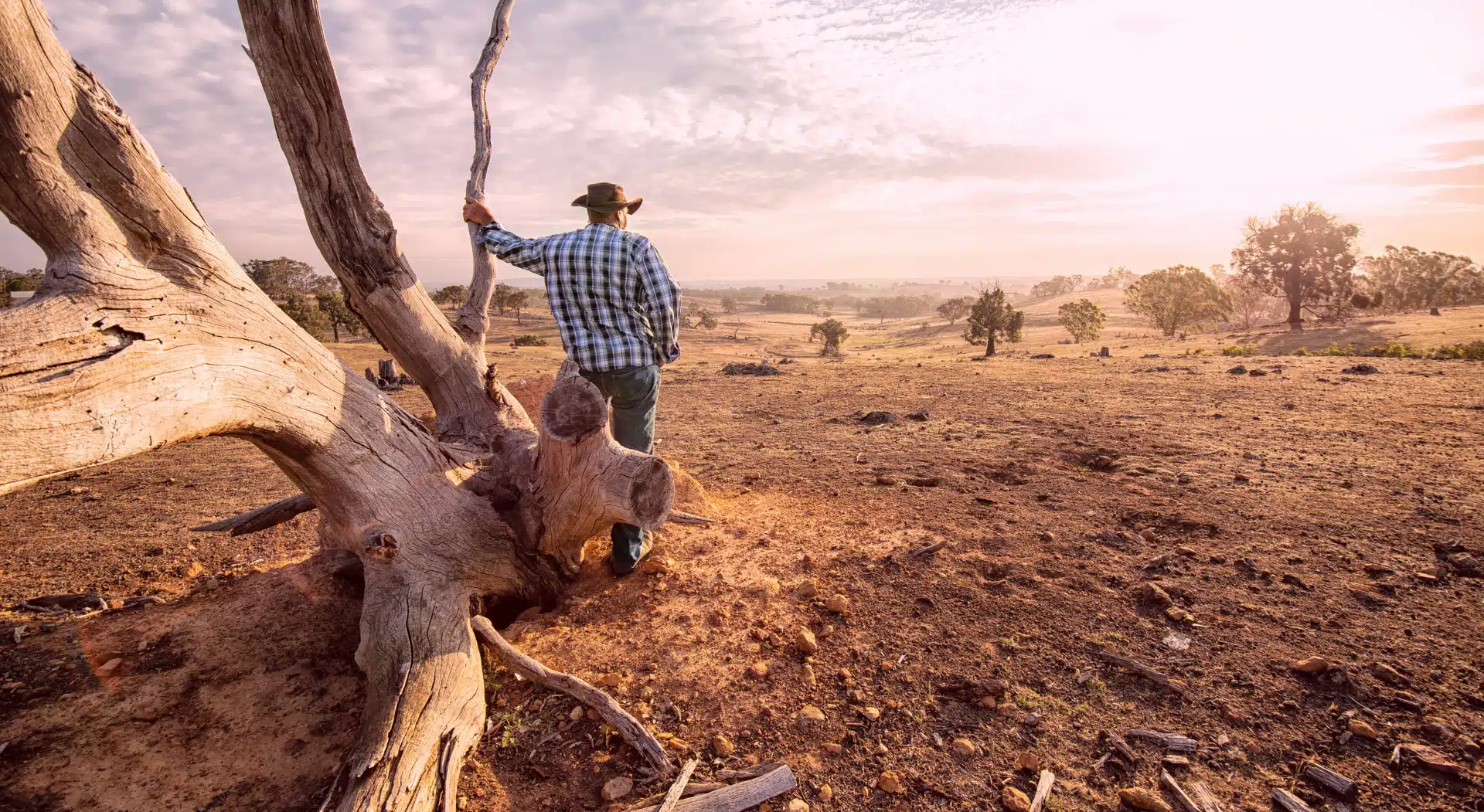
Rural and remote communities
Australians living in rural and remote areas of Australia outside of large cities can face unique challenges to achieving optimal health as a direct result of their geographic location. Often for rural Aussies, there is a barrier to accessing quality health services.
With 7 million Australians living in rural and remote locations across our country, advancing health for this large group of people is a priority.
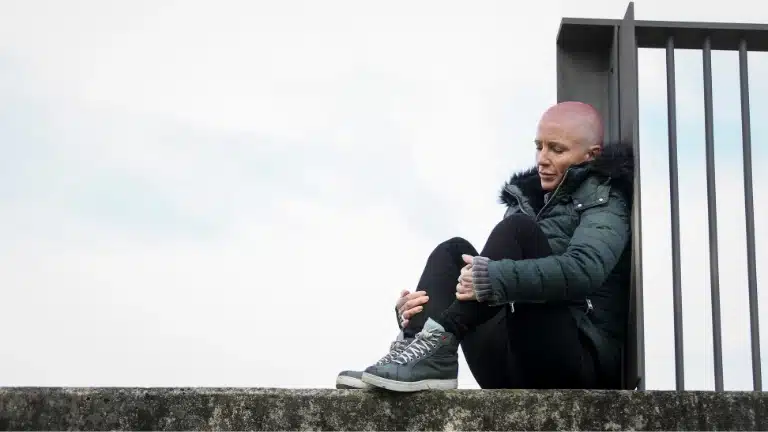
Socio-economically disadvantaged people
Individuals from socio-economically disadvantaged backgrounds are more likely to experience adverse health outcomes and be affected by conditions including high blood pressure, heart disease, dementia and cancer.
Our work recognises the health disparity experienced by people from socio-economically disadvantaged backgrounds. We are testing initiatives that help improve the health outcomes for this population group.
Community-centric research helping to bridge gaps
HMRI’s Equity in Health and Wellbeing Research Program exists for all our community and is committed to meaningful community involvement in research.
We collaborate closely with community leaders and members to ensure that our research is culturally appropriate and directly addresses the needs of those we aim to help.
This includes mobile health clinics that bring services to remote areas and telehealth solutions to connect patients with specialists and culturally tailored health education programs.
By involving communities in the research process, we build trust and ensure that interventions are both effective and sustainable.
Health for all
Our researchers are dedicated to making a tangible difference in the lives of our community.
We remain committed to addressing the pressing health challenges faced by the diverse populations in our region and beyond.
As new vulnerabilities emerge, we will adapt our focus to ensure our research continues to drive meaningful, real-world impact for those who need it most. Our commitment is to create a healthier, more equitable future for all.
Contact the HMRI Equity in Health and Wellbeing Research program
If you would like to contact the HMRI Equity in health and Wellbeing Research program, please email equity_health_wellbeing@hmri.org.au
